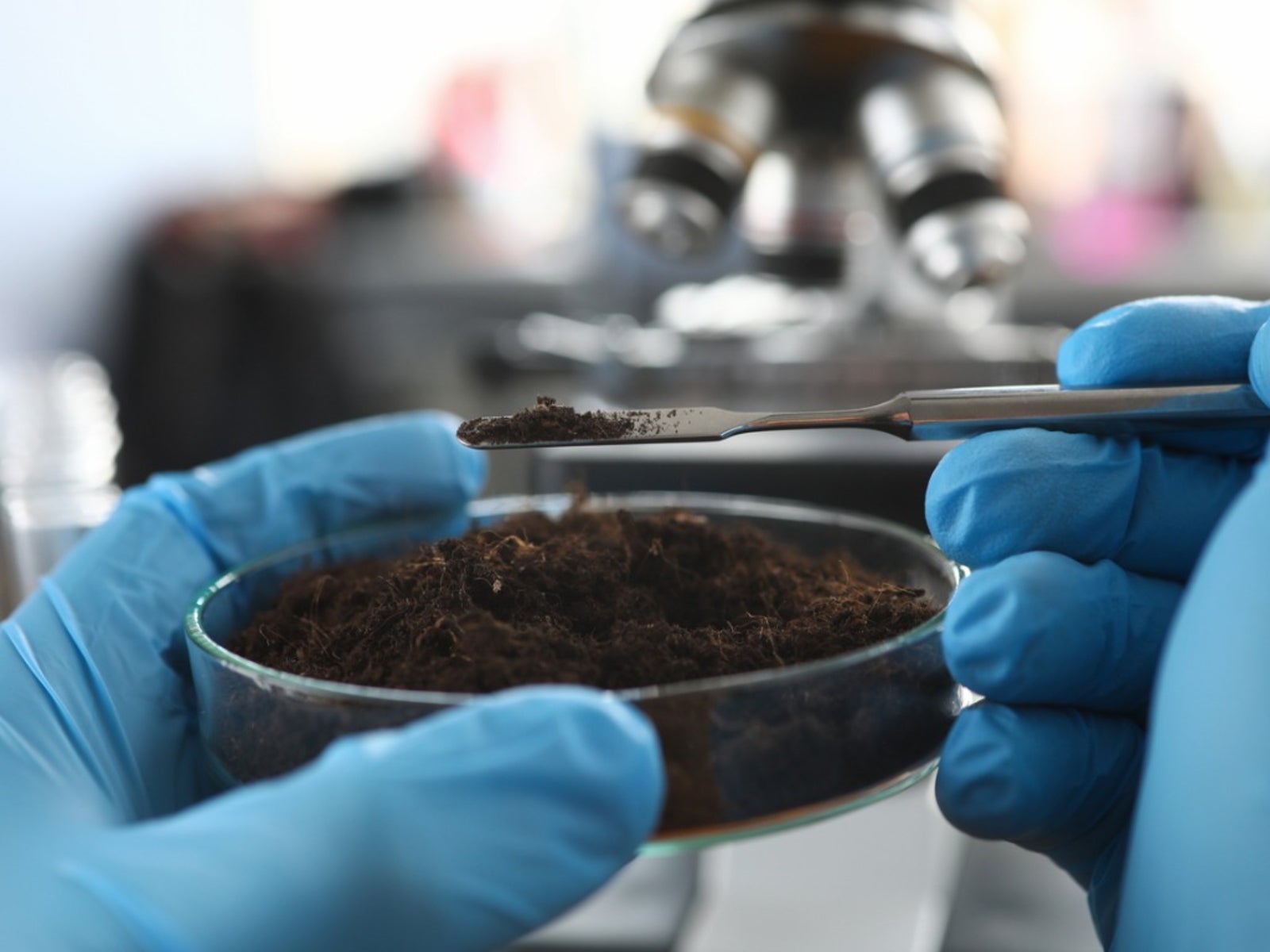Contaminated Soil Treatment - How To Clean Contaminated Soils

The key to growing a healthy garden is clean, healthy soil. Contaminants in soil can quickly lead to an array of problems, so determining possible causes of soil contamination beforehand and learning how to clean contaminated soils is very important.
What is Soil Contamination?
Before you begin to plan and construct your garden, it's always wise to have a soil sample analyzed. The quality of soil can be affected by many things. It is important to determine what nearby land was used for in the past and assess the impact of any nearby industry. Oftentimes, the causes of soil contamination result from dangerous chemicals that find their way into the soil and disrupt the soil structure. Contaminants in soil that is taken up by plants or comes in contact with garden fruits and vegetables can cause health problems. Soil test results will indicate the quality of the soil and the causes of soil contamination, if any.
Possible Contaminants in Soil
Urban dwellers should be particularly concerned with a number of possible soil contaminants including lead, which has been used in paint and as an additive to gasoline; cadmium, which results from burning coal and garbage; arsenic, which is used in wood preservatives, weed killers, pesticides, and fertilizers. If you live close to an industrial or commercial site, it's wise to have your soil checked for metals and cyanides, benzene, toluene, and other chemicals associated with gas station leaks. Rural residents should also check for past and present industries and pesticides.
How to Clean Contaminated Soils
While cleaning contaminated soil is not “literally” possible, some things can be done to reduce the toxic impact. Adjusting the soil pH to as close to neutral as possible will help reduce the negative impact of contaminants. Contaminated soil treatment also includes adding plenty of rich organic matter to the soil and a healthy top-dress of peat moss, compost, or aged manure. This practice will help protect plants from damage. Always be sure to wash any fruits or vegetables before you eat them. If contaminants are a problem, you can also plant in raised beds made with untreated lumber. This will allow you to add your own healthy soil. Taking appropriate measures for cleaning contaminated soil beforehand can lead to a healthy garden for you and your family.
Gardening tips, videos, info and more delivered right to your inbox!
Sign up for the Gardening Know How newsletter today and receive a free copy of our e-book "How to Grow Delicious Tomatoes".